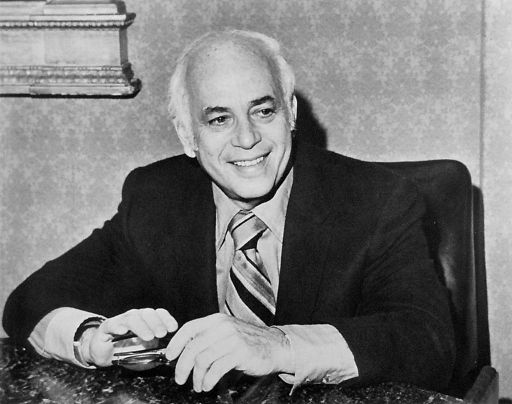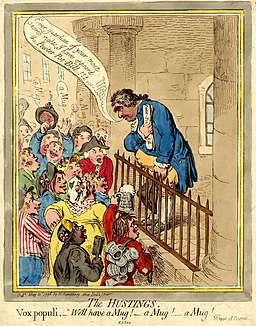
After someone — we still don’t know who — leaked a Supreme Court “draft opinion” in Dobbs v. Jackson (the case in which the Court is widely expected to overturn Roe v. Wade), Chief Justice John Roberts characterized the leak as a “betrayal … intended to undermine the integrity of our operations …. a singular and egregious breach of that trust.”
Emory Law professor (and former SCOTUS law clerk) Alexander Volokh explains succinctly, via CBS Atlanta, why Court prioritizes confidentiality and why the leak is so controversial: “Justices rely on the ability to be candid.”
Something about that claim reminds me of another recent, and very different, controversy:
Throughout the various investigations of former president Donald Trump’s role in the January 6, 2021 Capitol riot, Trump and his lawyers have fought tooth and nail to prevent the release of documents to the US House Committee exploiti … er, investigating … that event by the US National Archives, on grounds of “executive privilege.”
I’ve argued (and the courts seem to agree) that even if “executive privilege” is justifiable, it inheres in an office (e.g. the presidency), not a person (e.g. Trump). That is, the power to release or not release presidential documents belongs to the current president, not whichever former president may have happened to generate those documents.
I got some pushback on that argument from more than one acquaintance, and their counter-arguments universally went something like this:
“If a president asks for my advice, will I give my best advice if I have to worry that whatever I say may eventually become public?”
The “would I be candid if what I say wasn’t kept secret?” argument doesn’t carry any weight with me.
If you want to wield power over, and collect a paycheck from, the public, what you say and do pursuant such activities is the public’s business.
If you’re not comfortable with the public knowing what you’re up to, there are plenty of jobs to choose from in the private sector.
If you’re not willing to be “candid” with the public you claim to work for, you’re not a “public servant,” you’re a “public enemy.”
I’m not big on creating new government sinecures, but if Allen Funt still walked among us we could do worse than to appoint him to the position of “transparency czar.”
Government activity shouldn’t take place — at any level or in any department — “in camera.” It should all take place on Candid Camera.
Thomas L. Knapp (Twitter: @thomaslknapp) is director and senior news analyst at the William Lloyd Garrison Center for Libertarian Advocacy Journalism (thegarrisoncenter.org). He lives and works in north central Florida.
PUBLICATION/CITATION HISTORY


